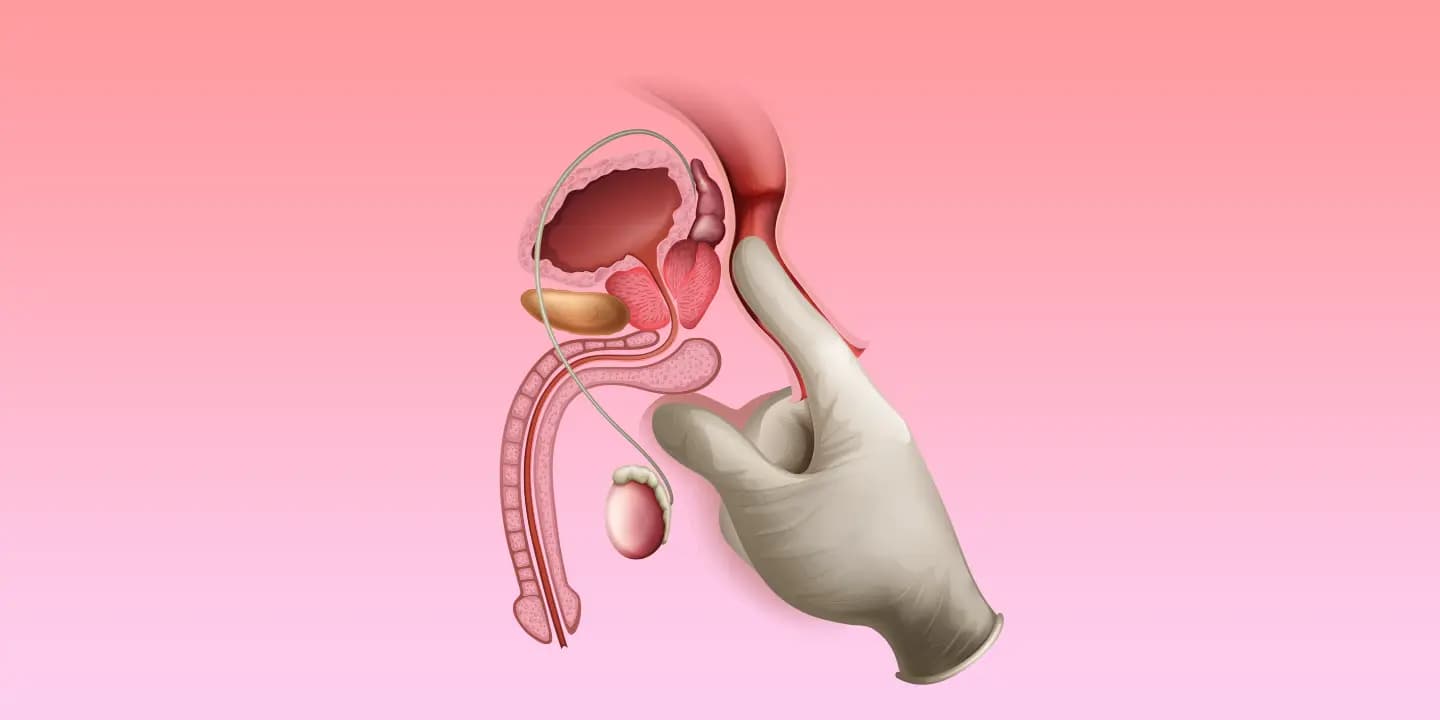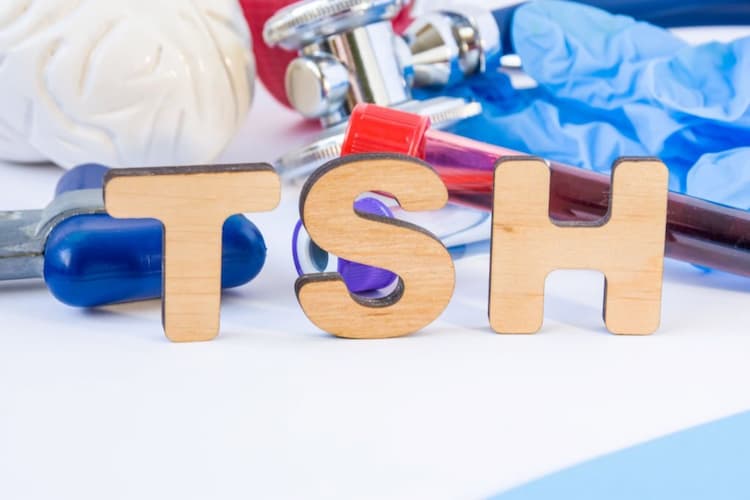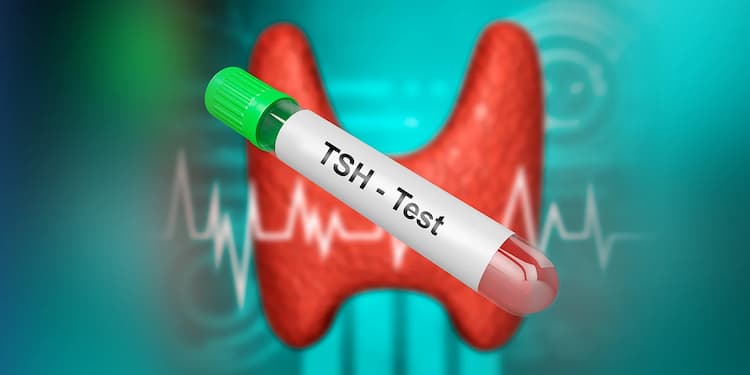Hormone vs. Non-Hormone Therapies for Advanced Prostate Cancer

Medically Reviewed By
Dr. Ragiinii Sharma
Written By Prekshi Garg
on May 17, 2022
Last Edit Made By Prekshi Garg
on Mar 17, 2024

Prostate cancer accounts for 7.1% of all diagnosed types of cancer in men. Although not always fatal, prostate cancer doesn’t exhibit notable symptoms in the early stages, contributing to a good prognosis in most men.
In most men with an early diagnosis, watchful waiting is often a considered best treatment route. However, in most advanced and progressive prostate cancer cases, medical interventions are an absolute must. Unlike a few decades back, the treatment for advanced prostate cancer has evolved.
The prevalence of hormone and non-hormone therapies are on the rise. However, which type of treatment will be an optimal choice for the patient depends on the severity of cancer and the additional diagnosis of the patient.
A comprehensive understanding of both therapies with their goal and intent is crucial to finalizing a treatment route. This article will explore more about the different hormone and non-hormone therapies for advanced prostate cancer.
What are the Symptoms of Advanced Prostate Cancer?
Advanced prostate cancer is when the cancerous cells start metastasizing and affecting the nearby lymph nodes. The condition is often deemed incurable as cancer spreads at a very rapid rate. However, most hormone and non-hormone therapies are considered ideal for alleviating the symptoms of the enlarged prostate and restricting the further spread of cancer to other parts of the body.
Some of the notable symptoms include:
- Painful urination
- Bloody discharge in the semen
- Bone pain
- Decreased force of urination
- Swelling in the legs
- Fatigue
- Dizziness and discomfort
If any of these signs are recurring and persistent, you need to see your doctor to confirm the diagnosis and then get started with the treatment immediately.
Hormone Therapy for Advanced Prostate Cancer
Also termed androgen deprivation therapy (ADT), hormone therapy is an ideal treatment option for patients with metastatic prostate cancer (that means that the cancer isn’t localized to the prostate anymore).
When should one consider Hormone Therapy?
The main feeding factor to the cancerous cells in prostate cancer is androgens. The hormone supports their proliferation; hence the intervention with hormone therapy inhibits the natural secretion of the androgens in the bloodstream.
Your doctor will suggest hormone therapy for advanced prostate cancer if:
- You are in an advanced metastatic stage
- Your prostate-specific antigen (PSA) level is high after initial prostate cancer treatment
- You are undergoing external beam radiation therapy to prevent recurrence
- Your first round of treatment has not reduced the risks of recurrence of the cancer
Since hormone therapy alters the hormonal balance in the body, the treatment is done as intermittent dosing to reduce the side effects.
What are the approved hormonal therapy options for Advanced Prostate Cancer?
| Type of Hormone Therapy | Effects from the Treatment | Mode of Administration |
| GnRH agonists | Lower the testosterone levels in the body | Injections
Small patches under the skin |
| Anti-androgens | Prevent the attachment of testosterone to the cancerous cells to stop the proliferation | Oral pills |
| GnRH agonist (degarelix) | Blocks the transmission of signals from the brain to the testes to inhibit androgen production | Injections |
| Orchiectomy | Surgical procedure to remove the testicles | Surgical procedure |
| LHRH antagonist | Blocks the functions of CYP17 enzyme to stop androgen production | Oral pills (along with a type of steroid called prednisone) |
All of these treatments are suggested for advanced prostate cancer patients to enable them to go into remission. Although not a complete cure, being in remission enables the patients to live a comfortable life without worrying about the cancer recurring. It helps with the positive long-term advanced prostate cancer prognosis.
What are the Side Effects of Hormone Therapy?
Hormone therapy, although quite effective, comes with quite a few notable side effects. Since the objective of the treatment is to block androgen production in the body, it directly affects several functions.
Some of the common side effects include:
- Osteoporosis
- Hot flashes
- Weight gain
- Loss of muscle mass
- Less libido
- Erectile dysfunction
Most of the side effects are short-term and come with the duration of the treatment. So, we’d recommend discussing all the complications at length with your oncologist before proceeding with the treatment.
How is Recovery After Hormone Therapy?
When you are on hormone therapy for advanced prostate cancer, your doctor’s visit will be regular. This enables the doctor to check the markers and record the effectiveness of the treatment.
As you progress along the treatment, your doctor will ask about the side effects and prescribe further testing to assess the situation and rule out any possible complications. The medical tests also assess how well the patient responds to the treatment.
Non-hormone Therapy for Advanced Prostate Cancer
Hormone therapy is often treated as the first line of treatment in advanced prostate cancer. Only when the patient does not respond to the hormone therapy will the doctors switch to the non-therapy treatments.
When should One Consider Non-hormone Therapy?
The non-hormone therapy generally includes chemotherapy and radiation. And, you qualify for these treatment options if:
- Your cancer cells aren’t arresting their growth and spread after the hormone therapy
- Your symptoms are getting worse
- Your initial hormone treatment didn’t show any tangible results
- Your advanced prostate cancer has spread to the bones
Non-hormone treatments are generally very rigorous and aggressive forms of treatments and are treated as the last resort for the patient. Even the side effects from the treatment are quite worse than the hormone therapy.
What are the approved non-hormonal therapy options for Advanced prostate cancer?
| Type of Non-Hormone Therapy | Effects from the Treatment | Mode of Administration |
| Chemotherapy | Helps to kill and arrest the growth and spread of the cancerous cells. | Given in cycle lasting a few weeks.
Generally need multiple rounds of the treatment. |
| Radiation therapy | Uses high-energy beams or radioactive seeds to damage or shrinks the cancerous tumors. | Used in combination of chemotherapy. |
| Immunotherapy | Triggers the body’s own immune cells to destroy the cancerous cells. | Three separate infusions into the vein. |
| Radium Ra 223 | Uses targeted use of radiation to kill the cancerous cells. | Injection |
What are the Side Effects of Non-Hormone Therapy?
Since non-hormone therapy is a lot more aggressive than hormone therapy for prostate cancer, their side effects are worse.
Some of the most notable ones include:
- Hair loss
- Nausea
- Vomiting
- Loss of appetite
- Fatigue
- Memory loss
- Behavioral changes
- Low white blood cells
- Numbness in the body’s extremities
- Brusing easily
- Sores in the mouth
A few patients experience anemia due to reducing red blood cells count because of radiation. Some individuals also experience urinary incontinence and erectile dysfunction due to radiation.
How is Recovery After Non-Hormone Therapy?
Non-hormone therapy requires a lot of time for recovery after completing the treatment. Chemotherapy and radiation therapy take a lot out of a patient’s body, so getting optimal care during the treatment is crucial.
Throughout the treatment, your oncologist will continually conduct follow-up check-ins to monitor the effectiveness of the individual non-hormone therapies.
Frequently Asked Questions
-
What is the most effective treatment for Advanced Prostate Cancer?
Hormone therapy is considered the first treatment option for advanced prostate cancer. Generally, patients who don’t show any notable change with hormone therapy then switch to non-hormone therapy to control the further progression of the cancerous cells.
-
Which is better for a Prostate Cancer Patient Orchiectomy or Hormone treatment?
For patients looking for a more convenient and less costly treatment method, orchiectomy is a more effective option than hormone treatment.
-
What is the success rate of Hormone Therapy?
Hormone therapy's effectiveness and success rate for advanced prostate cancer are 85-90%.
Conclusion
Advanced prostate cancers can seem daunting, but they are treatable if diagnosed on time. Hormone therapies and orchiectomy are the first line of treatment, followed by chemotherapy and radiation. Since advanced stages often involve rapid metastasis and proliferation of the cancer cells, your doctor will conduct frequent check-ins to assess the effectiveness of the treatment.
Although there are notable success rates with hormone and non-hormone therapies, some advanced prostate cancers aren’t curable. These assistive treatments slow down the cancer progression, buying the patient a few more years to live with their loved ones.
Despite the challenges, making good choices for the treatment is crucial. Discuss all the possible options with your oncologist before coming to a conclusion.
![Gluten Allergy Test - Price, Purpose, & Result [2024]](/myhealth/_next/image/?url=https%3A%2F%2Fmyhealth-redcliffelabs.redcliffelabs.com%2Fmedia%2Fblogcard-images%2FNone%2Fe94dfe46-8720-40de-854a-deedae3143d1.webp&w=750&q=75)


